In today's digitally driven world, our dependence on technology is closely tied to our daily routines, including sleep habits. With more people using digital devices before bed, understanding the impact of screen time on sleep has never been more crucial. The relationship between screen exposure and sleep patterns is a growing concern, as many grapple with sleep deprivation and insomnia. This raises a pertinent question: How does screen time affect our sleep hygiene?
In an era dominated by digital devices, the intersection of screen time and sleep hygiene is critical. Understanding how our digital habits influence sleep quality offers valuable insights into fostering healthier lifestyles. Recent discussions provide fresh perspectives on this topic, which are vital for understanding the broader implications of screen time on sleep.
The relationship between screen time and sleep hygiene is multifaceted. Excessive use of digital devices, especially before bedtime, interferes with sleep patterns. The primary culprit is the blue light emitted from screens. This specific wavelength suppresses melatonin production, the hormone regulating sleep-wake cycles, thereby disrupting circadian rhythms. According to a study published in the Journal of Clinical Sleep Medicine, exposure to blue light before sleep can delay REM sleep and increase alertness when the body should be winding down. Journal of Clinical Sleep Medicine.
Blue light's impact on sleep disruption cannot be overstated. It tricks the brain into thinking it’s still daytime, making it difficult to fall asleep. As many as 90% of people report using digital devices in the hour before bed, exacerbating this issue. The National Sleep Foundation highlights that consistent blue light exposure can lead to chronic sleep deprivation, impacting immune response and cognitive function. National Sleep Foundation.
To mitigate adverse effects, experts recommend strategies to improve sleep with less screen time. These include setting a digital curfew at least one hour before bed and using apps or device settings that reduce blue light emissions during evening hours. Incorporating these healthy screen habits can significantly enhance sleep hygiene and overall well-being.
Practical Steps to Reduce Screen Exposure
Consider these practical steps to reduce screen exposure and improve sleep quality:
Establish a bedtime routine: Engage in relaxing activities like reading a physical book or practicing meditation before bed.
Utilize blue light filters: Many devices now come with night mode settings that reduce blue light emission.
Create a tech-free zone: Designate your bedroom as a screen-free area to foster an environment conducive to rest.
Case Study: Digital Detox Initiatives
A compelling example of managing screen time for better rest is seen in workplaces that encourage digital detox initiatives. Companies like Volkswagen have implemented policies where emails are not forwarded to employees' phones after work hours, promoting better work-life balance and improving sleep hygiene. BBC. This case underscores the importance of organizational support in combating screen time effects on sleep.
Excessive screen time has been linked with insomnia and sleep deprivation. Constant connectivity encouraged by digital devices can heighten stress levels and anxiety, disturbing sleep patterns further. Research from the University of California found that teenagers spending more than three hours a day on their phones were significantly more likely to suffer from insomnia symptoms than peers with less screen time. National Center for Biotechnology Information.
While technology poses challenges, it can also enhance sleep hygiene. Apps promoting mindfulness and relaxation techniques, such as Calm or Headspace, help individuals unwind for restful sleep. Moreover, smart home devices can be programmed to dim lights and adjust temperature settings for an optimal sleeping environment.
Recent advancements focus on understanding screen time's nuanced effects on various demographics. Children and adolescents are particularly vulnerable due to developmental stages. Pediatricians from Banner Health emphasize limiting children's screen time during back-to-school transitions to support immune function and cognitive performance. Banner Health.
Are you finding it difficult to detach from your devices before bed? What steps can you take today to ensure a more restful night's sleep? Reflecting on personal habits can offer insights into areas for improvement. By actively reducing screen time before bed, you’re investing in your long-term health and well-being.
The interplay between screen time and sleep hygiene underscores mindful digital use, especially before bed. As lives intertwine with technology, understanding blue light's effects on melatonin production and circadian rhythms is crucial. Recognizing excessive screen exposure can delay REM sleep and contribute to chronic sleep deprivation enables actionable steps to enhance well-being. Practical strategies such as establishing bedtime routines, utilizing blue light filters, and creating tech-free zones improve sleep quality.
Organizations can support digital detox initiatives fostering healthier work-life balance, as exemplified by companies like Volkswagen. This approach benefits individual employees and enhances workplace productivity. While technology poses challenges, it offers solutions through relaxation-promoting apps and smart devices optimizing sleeping environments. Staying informed about recent research, especially concerning vulnerable groups like children, ensures they receive necessary support for healthy sleep patterns.
Reflect on your digital habits—are there changes you can make today to enhance your sleep quality? Share thoughts and experiences in the comments below. Engaging in this dialogue not only aids you but fosters a community committed to better sleep hygiene.
For further exploration on managing screen time, visit resources provided by reputable organizations like the Sleep Foundation or the National Institutes of Health. Together, let's strive for healthier digital habits and improved sleep hygiene.


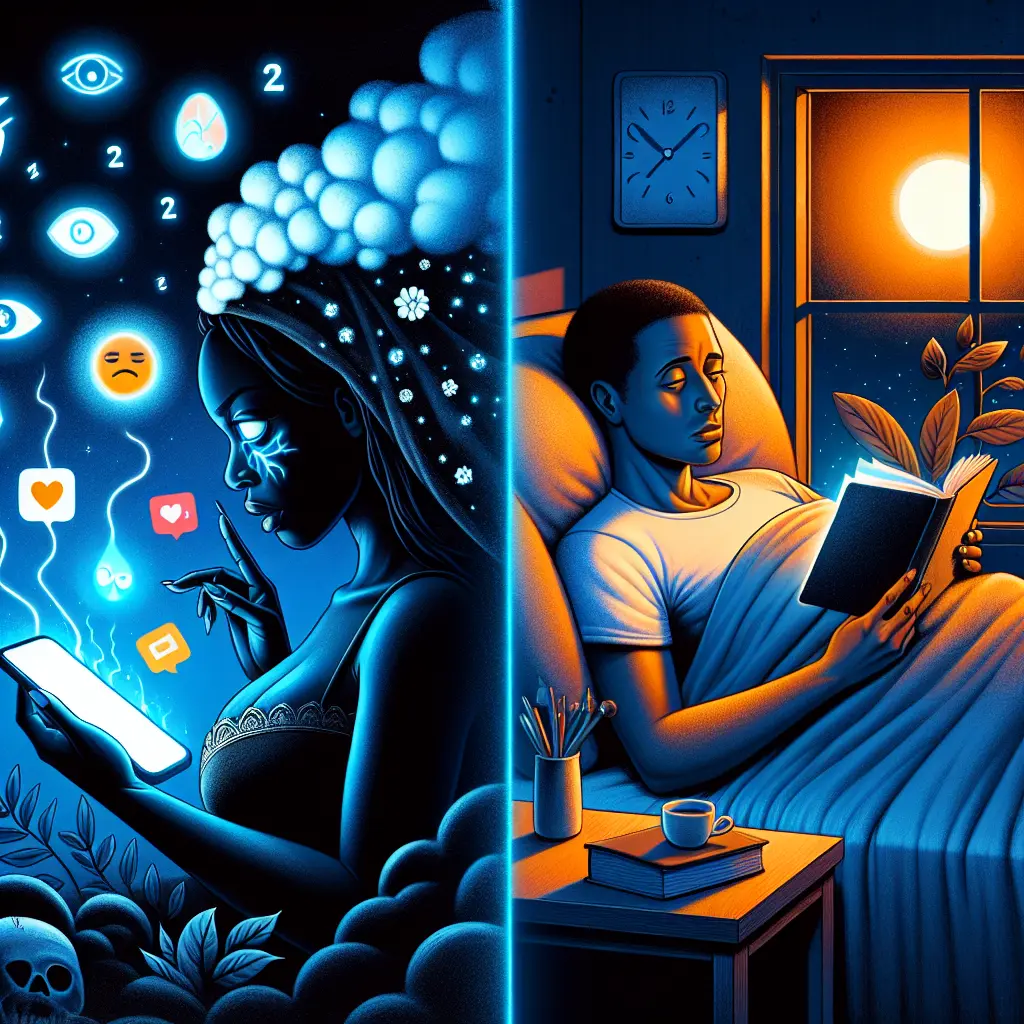

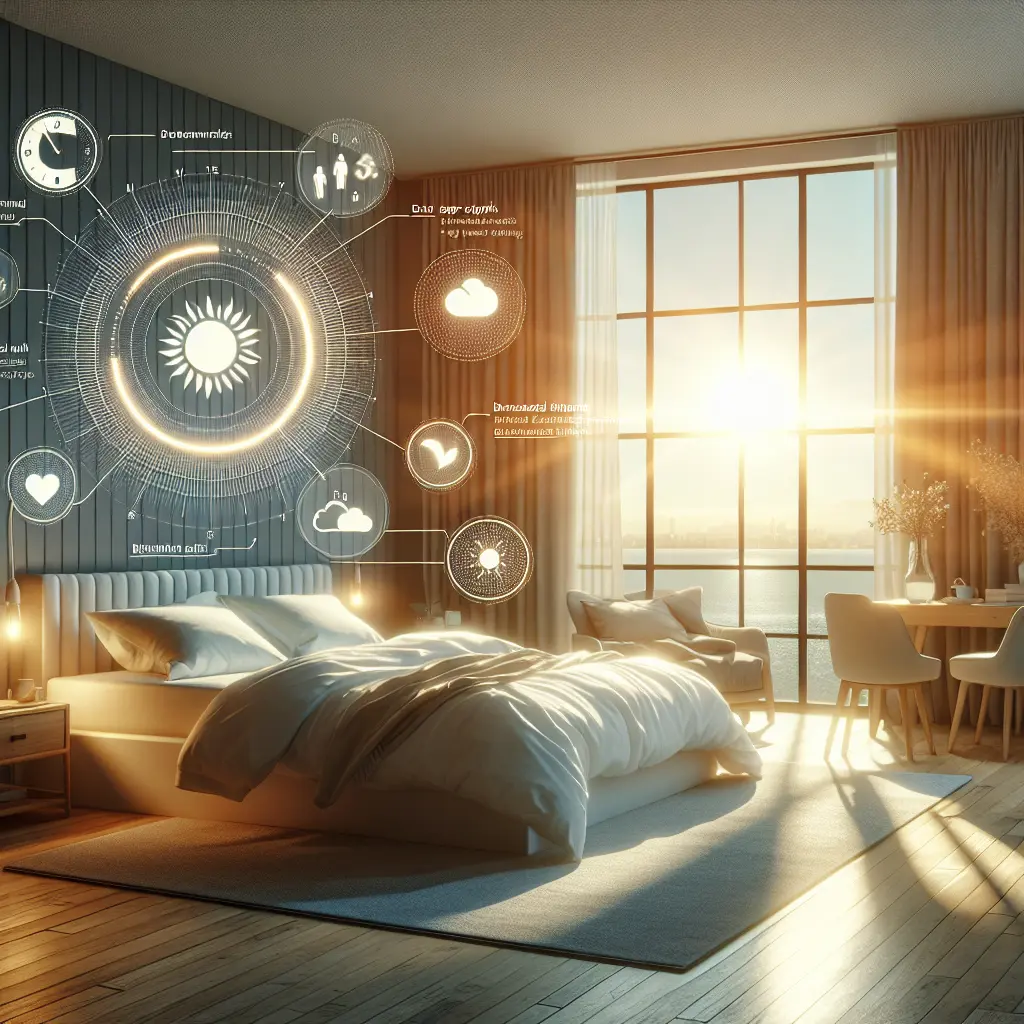
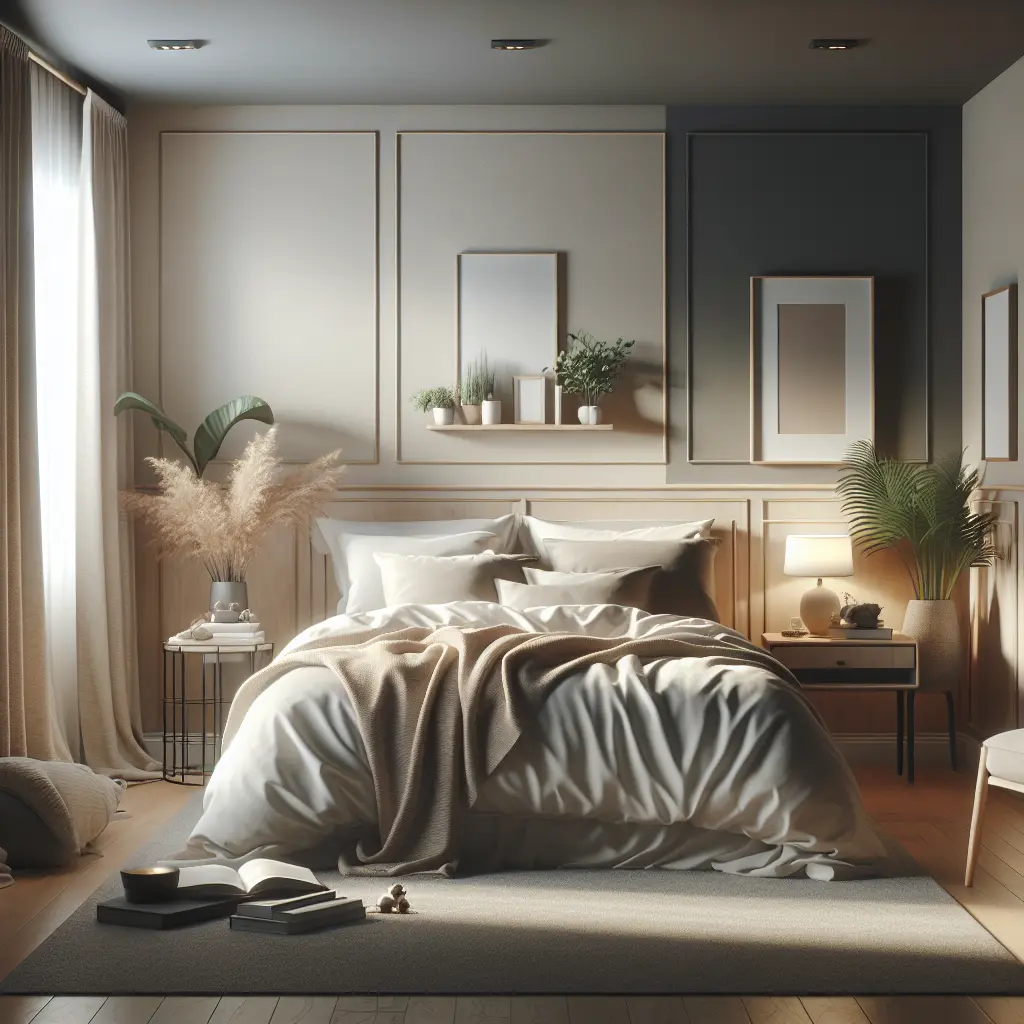
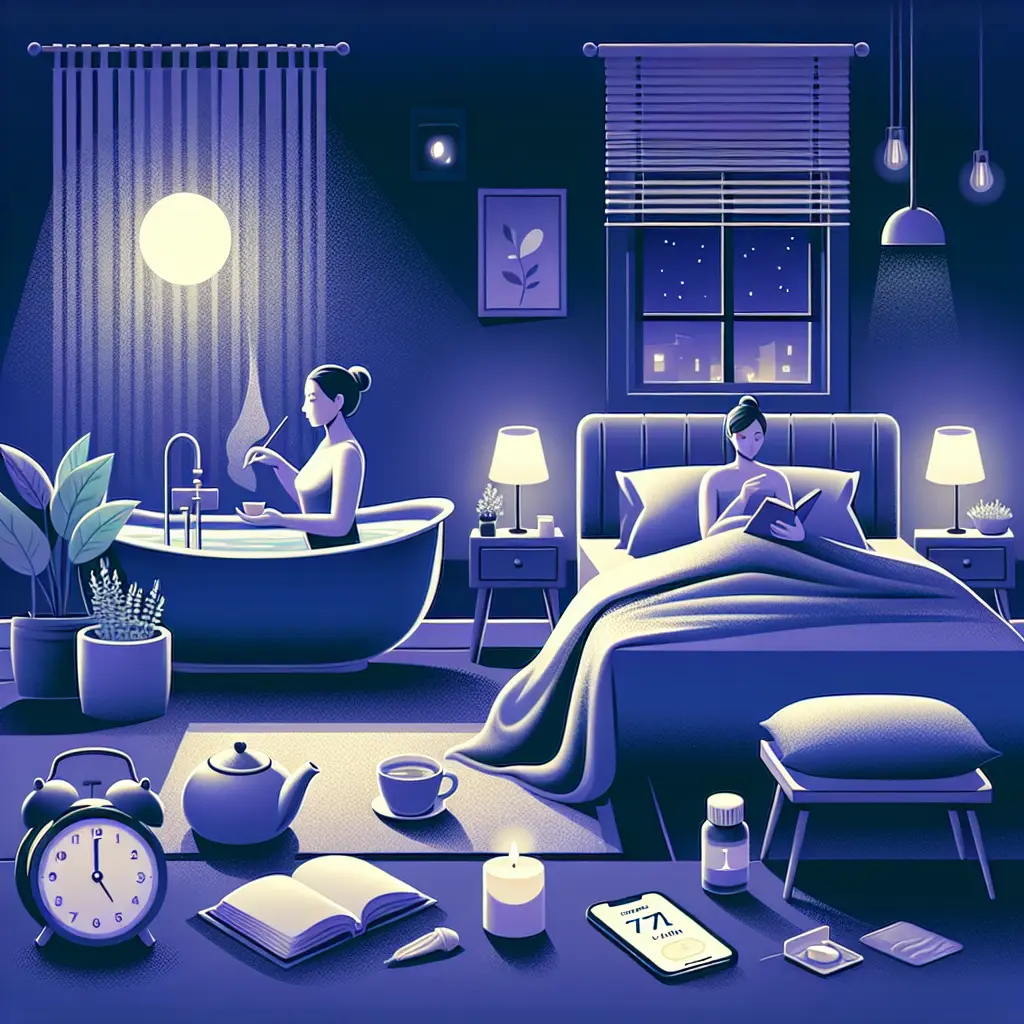
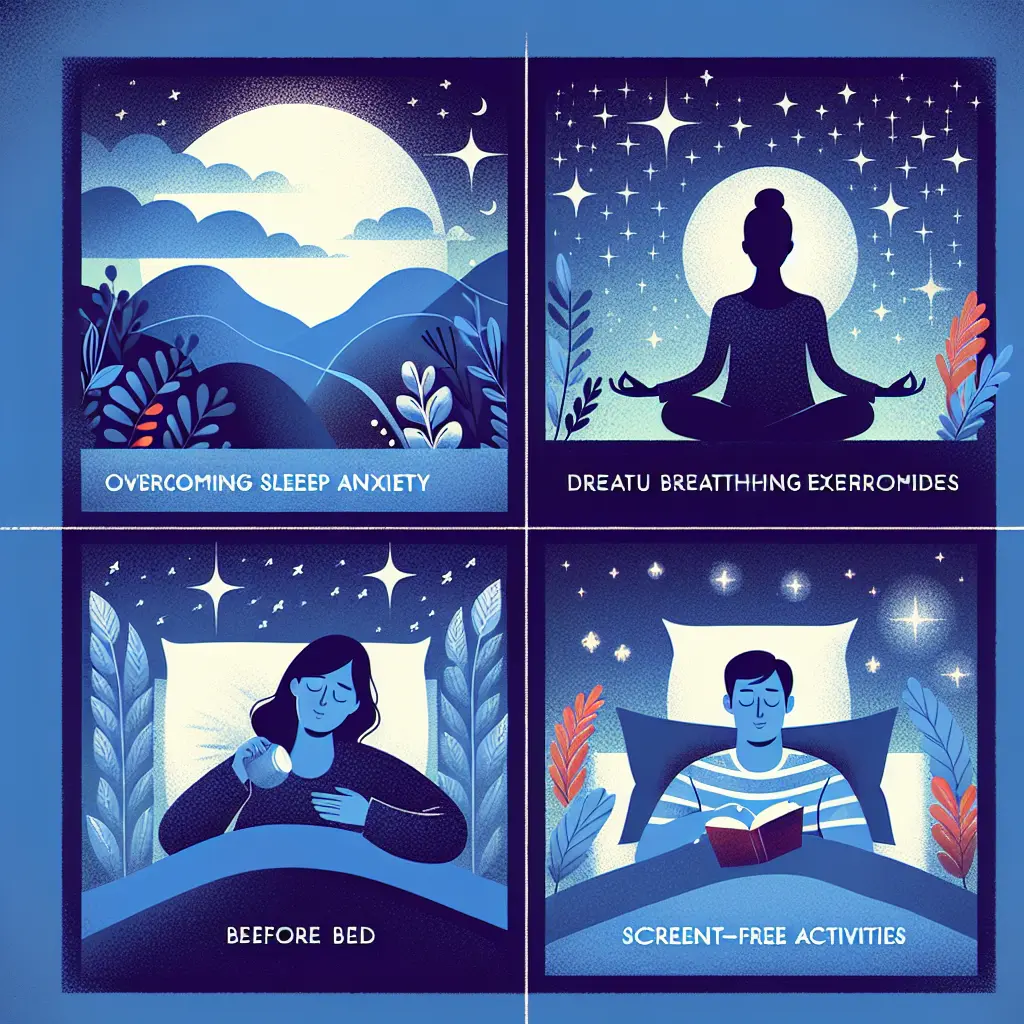
Leave a Comment